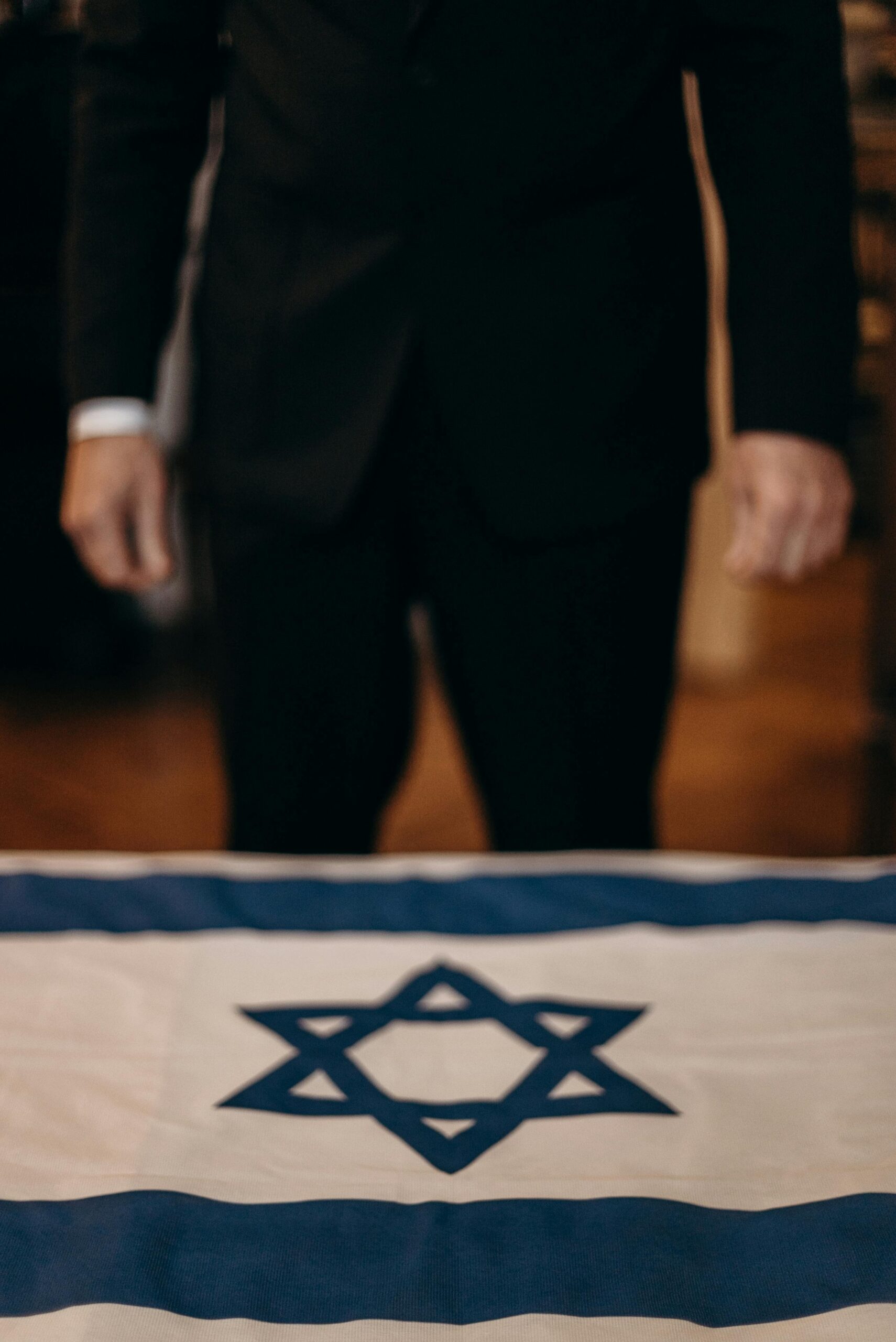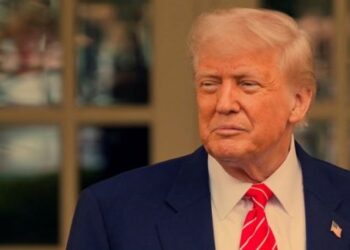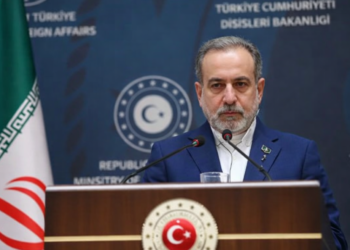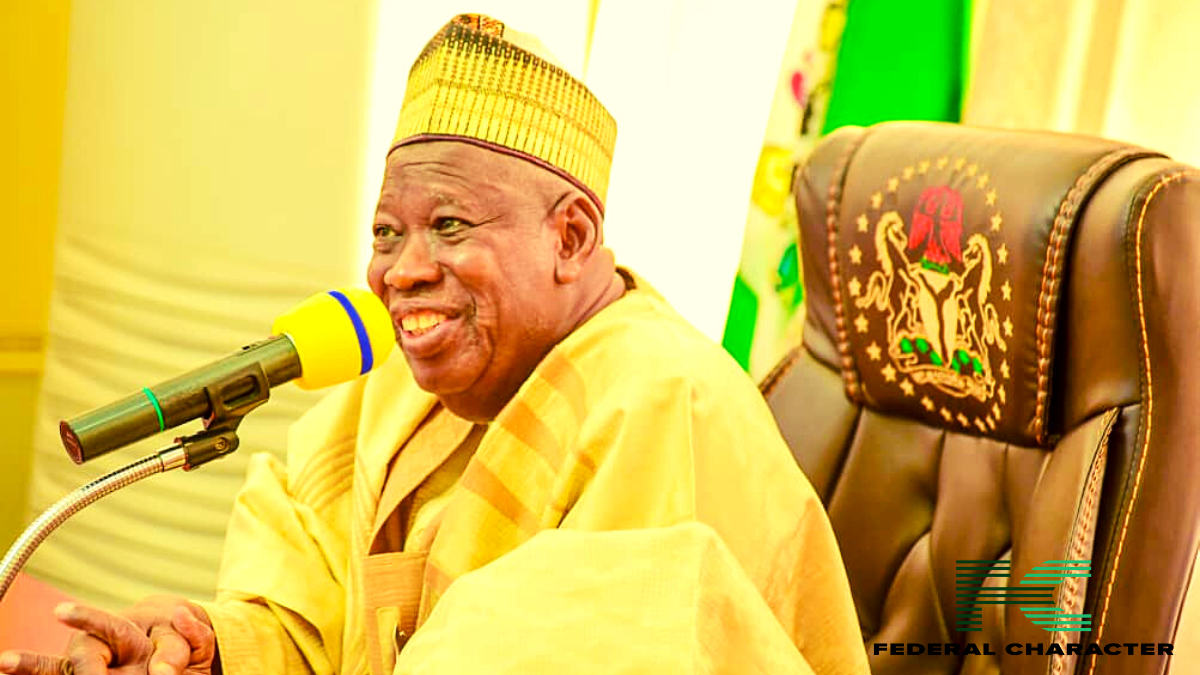The world is watching as a ceasefire between Israel and Hezbollah, the Iran-backed group, officially begins. Brokered by the United States and France, this agreement promises peace at least on paper. Both sides accepted the deal, which took effect at 2:00 AM GMT, but we are already questioning its durability, given the long history of broken promises and boiling tensions in the region.
President Joe Biden hailed the agreement as a “permanent cessation of hostilities,” a phrase that feels ambitious considering the bloodshed that has already taken thousands of lives since this conflict erupted during the Gaza war. Biden announced the ceasefire from the White House, stressing that “what is left of Hezbollah and other terrorist organizations will not be allowed to threaten Israel’s security again.”

Israeli Prime Minister Benjamin Netanyahu has made it clear that his forces will not hesitate to retaliate if Hezbollah so much as sneezes in their direction. “We retain complete military freedom of action,” Netanyahu said, warning that any violation would be met with decisive strikes. The ceasefire, according to him, provides an opportunity to focus on the looming threat of Iran, rebuild military supplies, and isolate Hamas. By the way, Israel has allegedly “set Hezbollah back decades” by neutralizing its infrastructure, eliminating top leaders, and decimating its fighters.
Hezbollah, as expected, isn’t waving a white flag. Senior official Hassan Fadlallah told Lebanese TV that the group has emerged “stronger” and with thousands ready to join the resistance. This doesn’t look good. Meanwhile, Lebanon is supposed to deploy 5,000 troops to its southern border to keep Hezbollah in check.
French President Emmanuel Macron took to social media to pat himself on the back, calling the deal “the culmination of efforts undertaken for many months.” Lebanon’s caretaker Prime Minister Najib Mikati chimed in with cautious optimism, while opposition leaders in Israel bashed the deal for failing to create a proper zone to protect Israeli civilians.
And while leaders exchanged pleasantries and congratulatory tweets, ordinary people bore the scars of the conflict. Alia Ibrahim, a mother of twin girls from Qaaqaiyat al-Snawbar, shared the devastation of her village, half of which was reduced to rubble just hours before the ceasefire. “God willing, we can go back to our homes and our land,” she said, her hope tempered by the sad reality that peace in the region will be hard to come by.
Not everyone is buying into the ceasefire’s promise. A poll by Israel’s Channel 12 showed that only 37% of Israelis supported the deal, with 32% opposed. Security Minister Itamar Ben-Gvir, ever the contrarian, dismissed the Lebanese army’s ability to counter Hezbollah and called for an Israeli-controlled security belt.
And what about the masterminds of this deal? The United States and France are partnering with the UNIFIL peacekeeping force to monitor violations, though U.S. combat forces won’t be deployed. Biden, who leaves office in January, has a vested interest in presenting this as a diplomatic win, even as he continues to push for a Gaza ceasefire and a normalization deal between Israel and Saudi Arabia.

















